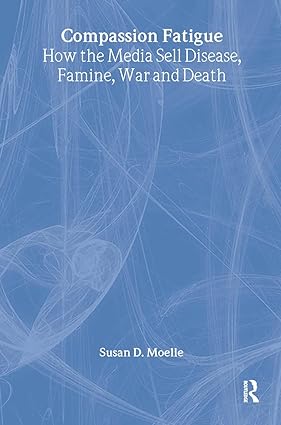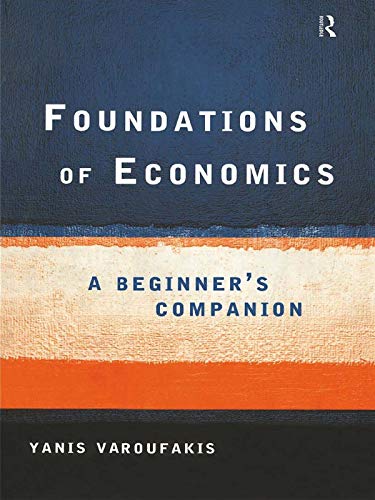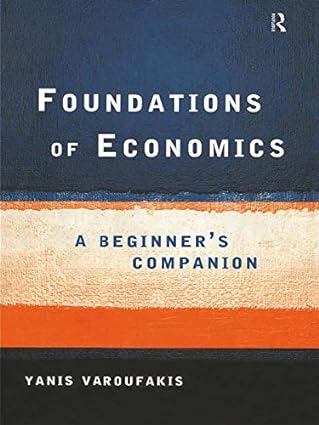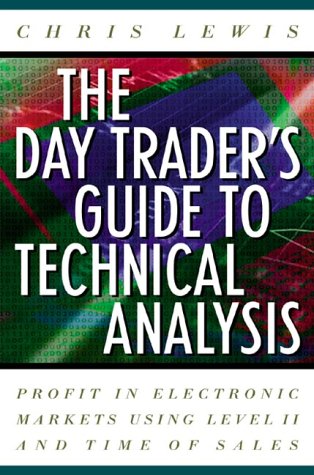
Statistics for Lawyers (Statistics for Social and Behavioral Sciences) (PDF/EPUB Version)
$18.99
Description
Designed to introduce law students, law teachers, practitioners, and judges to the basic ideas of mathematical probability and statistics as they have been applied in the law, the book consists of sections of exposition followed by real-world cases and case studies in which stastical data have played a role. Readers are asked to apply the theory to the facts, to calculate results (a pocket calculator is sufficient), and to explore legal issues raised by quantitative findings, while the author’s own calculations and comments are given in the back of the book. The cases and case studies reflect a broad variety of legal subjects, including antidiscrimination, mass torts, taxation, school finance, identification evidence, preventive detention, handwriting disputes, voting, environmental protection, antitrust, and the death penalty. The first edition has been used in law, statistics, and social science courses, and in 1991 was selected by the University of Michigan Law Review as one of the important law books of the year. This second edition includes many new problems reflecting current developments in the law, including a new chapter on epidemiology.
eBook features:
- Highlight, take notes, and search in the book
- Create digital flashcards instantly

_s8zk0bdi8p.jpg)
_qycqocbzum.jpg)
_v5ibadm21g.jpg)

_sv9arrklwn.jpg)
_pybeqjatnb.jpg)


_jqegejqbka.jpg)
_d6yhvb7jjx.jpg)









